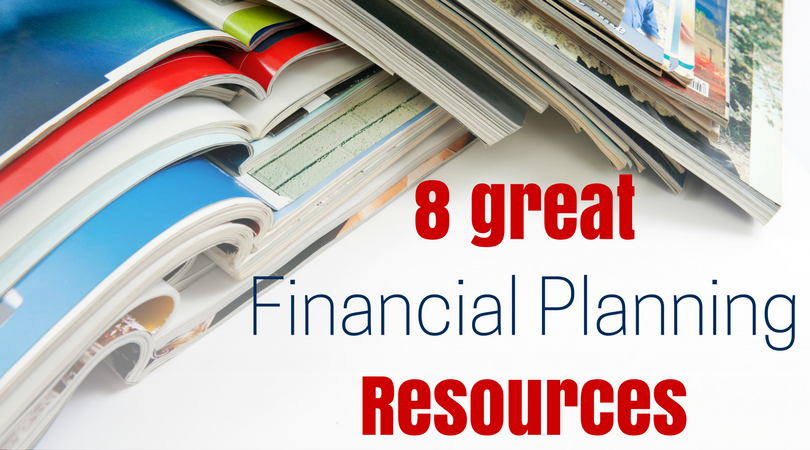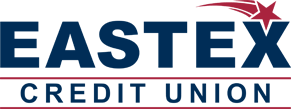
Do you find financial planning intimidating? You are not alone; there are millions of Americans just like you. Fortunately, there are resources available that can help you. Here are 8 resources that are free or low cost and can help you navigate your financial waters.
1) Money Magazine
Founded in 1972, Money Magazine has a circulation of almost two million and is owned by the same corporation that owns TIME. Topics include investing, saving, retirement, and taxes. How will you pay for college, with its skyrocketing cost? How will you maximize your career? Which home improvements make sense? Learn more by reading Money magazine, it is a fascinating magazine! Next time you see publication in the news stand check it out. It is easy to read.
2) Kiplinger magazine
Founded in 1947, Kiplinger has a circulation of 700,000 and covers many of the same topics as Money. Recent topics include dividend-paying stocks and smart ways to invest $1,000. Kiplinger, like Money, is an excellent publication for those trying to become more money savvy. It’s definitely worth the twenty or so bucks to subscribe for a year. Their website is also extremely helpful, with lots of high-quality articles.
3) Mint, a powerful, free, app
It updates you on your finances. This is great, as other programs force you to download updates to your computer. Mint is automatic. This is a great way to get a financial snapshot of how you are doing financially. Know up to the minute of how you are doing. For many, this is much better than waiting until the end of the month when you’ve done your finances for the month. It’s made by the same people behind Quicken (Intuit.)
4) For power users, there’s Quicken
Quicken does pretty much everything Mint does, but it offers even more. Quicken can be used to record tax-deductible expenses, forecast cash flow, create spending records, pay monthly bills and track investment performance. If your situation is more complex and you have time on your hands to analyze activity, then Quicken is for you. However, remember Quicken costs money. Personally, I prefer Mint and a little bit of spreadsheet work. But I have friends that use Quicken and would highly recommend it.
5) Numerous free finance blogs
For example, check out Mr. Money Mustache. It’s written by a guy who was able to retire in his 30s. There’s a blog for everyone out there. If you like spending money on travel reward cards and getting free trips, there are blogs for that too. Content is usually free and advertising is usually not the intrusive. For the most part, sites do not have popups or spyware. Use Google to find these sights. Alternatively, you can ask for recommendations on forums.
6) Speak with a Financially Savvy Friend or Family Member
Sometimes they can be a great resource! Fortunately, they often love to help people out with their financial issues. This is free advice. Just be sure to occasionally fact check what they say. But often their advice is as good as an expert. It wouldn’t be a bad idea to take them out to dinner and run your finances by them. Just be sure that you can trust them and that they won’t talk about your money details to friends and family. That can be embarrassing and awkward.
7) Library Books
There are hundreds of great personal finance books out there. Although finance books can sometimes be a little dry and slow reads (there are some easy reads, however), you can usually check out books for two weeks or more. Fortunately, if you’ve read a few you likely do not have to read more. Personal finance usually just means sticking to a few rules. The most important of course is living beneath your means, saving and investing. But check out a book from the library to learn more.
8) Hire a Financial Planner
For someone very busy, sometimes leaving it to the experts is the best possible solution. Many people have stressful jobs. After their family life, they have little time left over to learn financial planning. This is why financial planners exist. Their entire profession is based on giving other people financial advice. Some even have the CFP designation, which stands for certified financial planner. A financial planner has to take extra classes and pass a very difficult test to gain the CFP designation. Be selective, choosing a financial planner is an important decision.
Financial planning can be difficult. Use the 8 resources listed above to help you plan.



